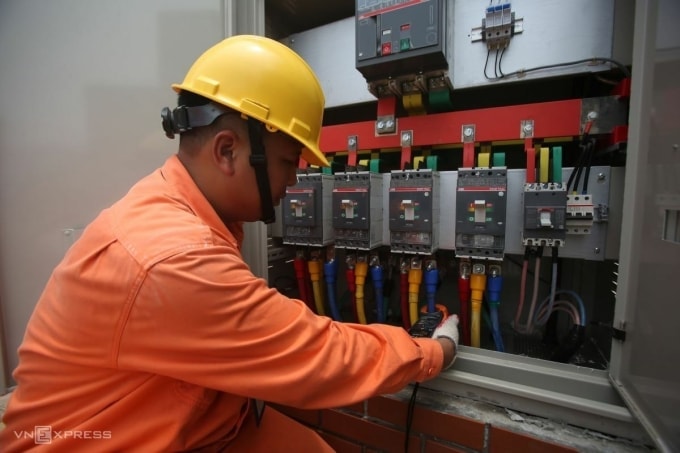
The mechanism for adjusting the average retail electricity price was issued by the Government in Decree 72, dated March 28. Accordingly, the average retail electricity price adjustment period is still maintained every 3 months as at present. That is, there may be 4 price changes each year.
In addition, the Decree stipulates that the average electricity price is updated quarterly according to the cost of electricity generation. When this cost decreases by 1% or more compared to the current level, the price will decrease accordingly.
Retail prices to consumers and businesses are adjusted when production costs fluctuate by 2% or more. This level is also lower than the previously applied 3% regulation.
Late last year, when soliciting opinions on the mechanism for adjusting average retail electricity prices, the Ministry of Industry and Trade proposed shortening the time for adjusting average retail electricity prices from the current 3 months to 2 months, when electricity production costs fluctuate by 2% or more, lower than the current 3%. However, analysts said that this could make it difficult for businesses to plan and balance costs.
According to the Decree, Vietnam Electricity Group (EVN) still has the right to adjust electricity prices when the average retail price increases by less than 5%. However, the adjustment range is widened to 2-5%, instead of 3-5% as at present.
The authority to adjust prices of the Ministry of Industry and Trade remains the same as it is now, when the average price increases by 5-10%. If the cost changes by more than 10%, the Prime Minister decides to increase the price.
The Decree also supplements the basis for determining the standard profit in calculating the average electricity selling price of the distribution - retail, operation - management stages, multi-purpose hydropower plants (such as Hoa Binh, Lai Chau, Son La hydropower plants...) and dependent accounting units that have not participated in the competitive electricity market of EVN. Accordingly, the after-tax profit margin on equity of these stages is determined to be no lower than the average daily interbank interest rate for 6-month terms of the previous two years.
The Ministry of Industry and Trade explained that the addition of this provision is to comply with the Electricity Law (amended), ensuring reasonable profits for businesses to preserve and develop their business capital. This also ensures clarity, transparency and a basis for implementation.
The current retail price of electricity is 2,103.11 VND per kWh, effective from October 2024. With a household electricity price structure of 6 levels, the lowest level is 1,893 VND and the highest is 3,302 VND per kWh.
At the end of March, the Government also issued an average retail electricity price framework, with a minimum of VND1,826.22 and a maximum of VND2,444.09 per kWh (excluding VAT). These levels will remain unchanged from 2023. This framework, together with the results of the inspection of electricity production and business costs, is the basis for the Ministry of Industry and Trade to decide on the average retail electricity price applied annually.
According to the inspection results announced by the Ministry of Industry and Trade at the end of last year, EVN's total production cost in 2023 is more than VND528,600 billion. This level is equivalent to a production price of VND2,088.9 per kWh, an increase of 2.79% compared to 2022.
In 2023, EVN lost more than VND 34,245 billion from electricity production and business. If other financial income is deducted, the loss will decrease to VND 21,822 billion. Previously, the "big guy" in the electricity industry also lost nearly VND 36,300 billion in 2022 from this activity.
TH (according to VnExpress)Source: https://baohaiduong.vn/gia-dien-van-duoc-dieu-chinh-3-thang-mot-lan-408599.html


![[Photo] Looking back at the impressive moments of the Vietnamese rescue team in Myanmar](https://vstatic.vietnam.vn/vietnam/resource/IMAGE/2025/4/11/5623ca902a934e19b604c718265249d0)


![[Photo] "Beauties" participate in the parade rehearsal at Bien Hoa airport](https://vstatic.vietnam.vn/vietnam/resource/IMAGE/2025/4/11/155502af3384431e918de0e2e585d13a)



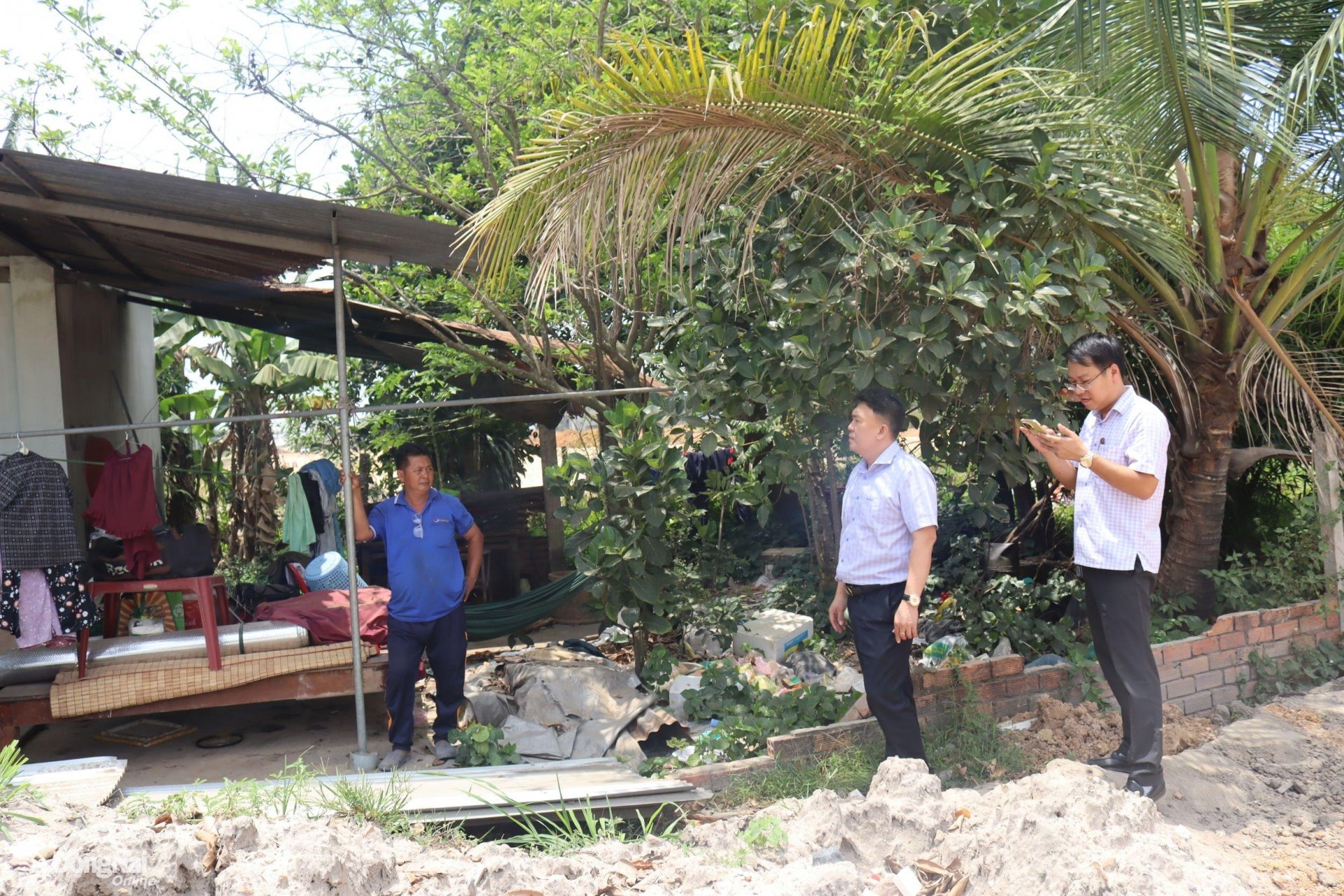


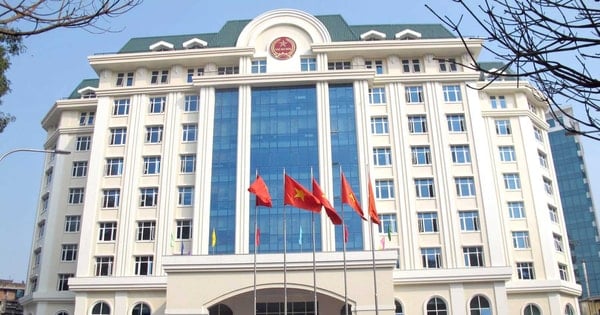



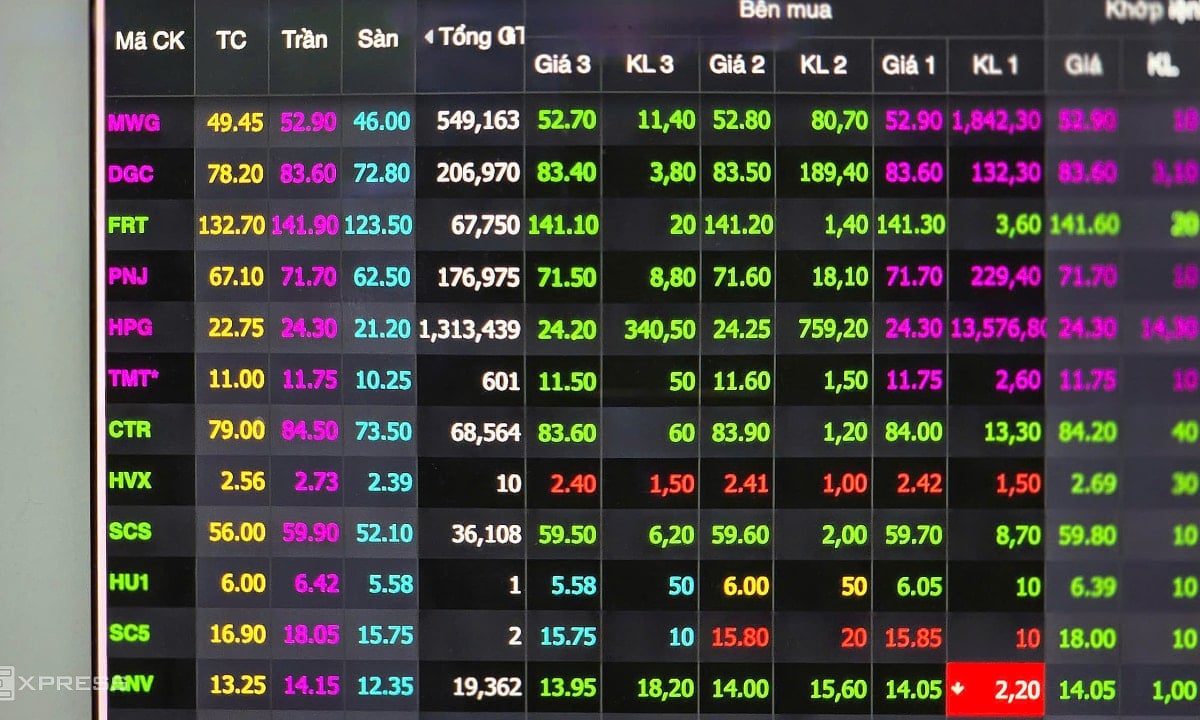






![[Photo] Summary of parade practice in preparation for the April 30th celebration](https://vstatic.vietnam.vn/vietnam/resource/IMAGE/2025/4/11/78cfee0f2cc045b387ff1a4362b5950f)
















































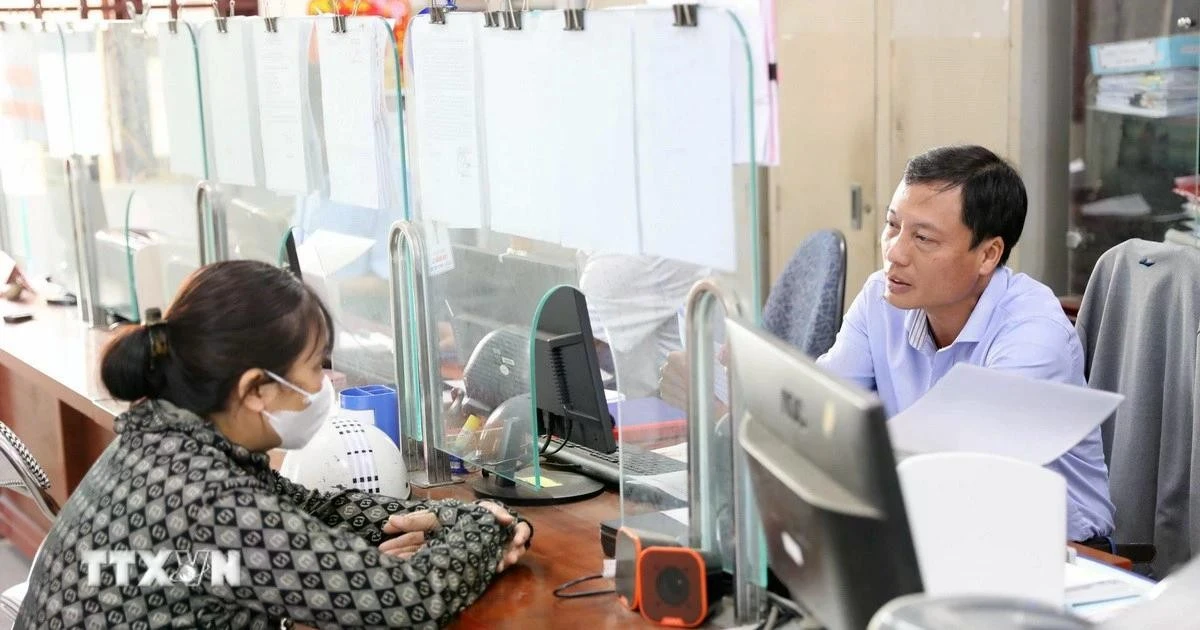












Comment (0)